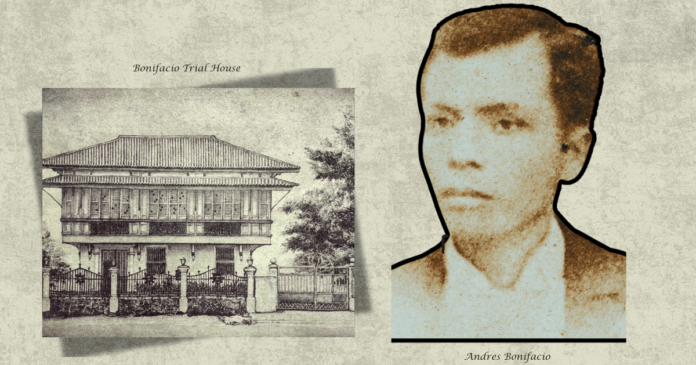In celebration of the 161st birth anniversary of Andres Bonifacio, we revisit the man whose name is synonymous with courage, resolve, and an unwavering love for the country.
Traditionally portrayed as a poor, self-taught revolutionary who led the working class against Spanish colonization, recent discoveries challenged this narrative, shedding new light on Bonifacio’s life and contributions.
Known as the Father of the Philippine Revolution, Bonifacio’s upbringing is now believed to be more modest than previously thought. New studies reveal that he may have belonged to the lower-middle class. His father, Santiago Bonifacio, was a teniente mayor (deputy mayor) in Tondo, Manila, and provided their family with a stable income.
On the other hand, Andres worked for foreign trading firms as a clerk and later as an agent; both were respectable roles that offered a steady revenue and exposed him to liberal ideas, which shaped his revolutionary ideals.
Historians like Xiao Chua argue that Bonifacio deserves recognition as the first President of the Philippines. Documents from the Archivo General Militar de Madrid also indicate that Bonifacio led a revolutionary government called Haring Bayang Katagalugan (Sovereign Tagalog Nation) while serving as its President. This reframes Bonifacio’s leadership, highlighting his organized and strategic approach to revolution, contrary to the perception of him as merely a leader of an armed revolt.
Bonifacio’s tragic death has also been reevaluated. Accounts from Lazaro Makapagal, the officer tasked with executing Bonifacio and his brother Procopio, revealed conflicting reports about his final moments. One version suggests that after Procopio was shot, Bonifacio attempted to escape before being fatally wounded, adding complexity to the circumstances surrounding his execution.
These recent developments contest long-held assumptions about Bonifacio, offering a deeper and more nuanced understanding of his role in the Philippine Revolution. By correcting misconceptions and embracing these new perspectives, we honor Bonifacio not just as a hero, but as a visionary leader whose courage and love for his country sparked the fight for Philippine independence.
Photo: Trial House : Reddit
Photo: Andres Bonifacio: Wikipedia



